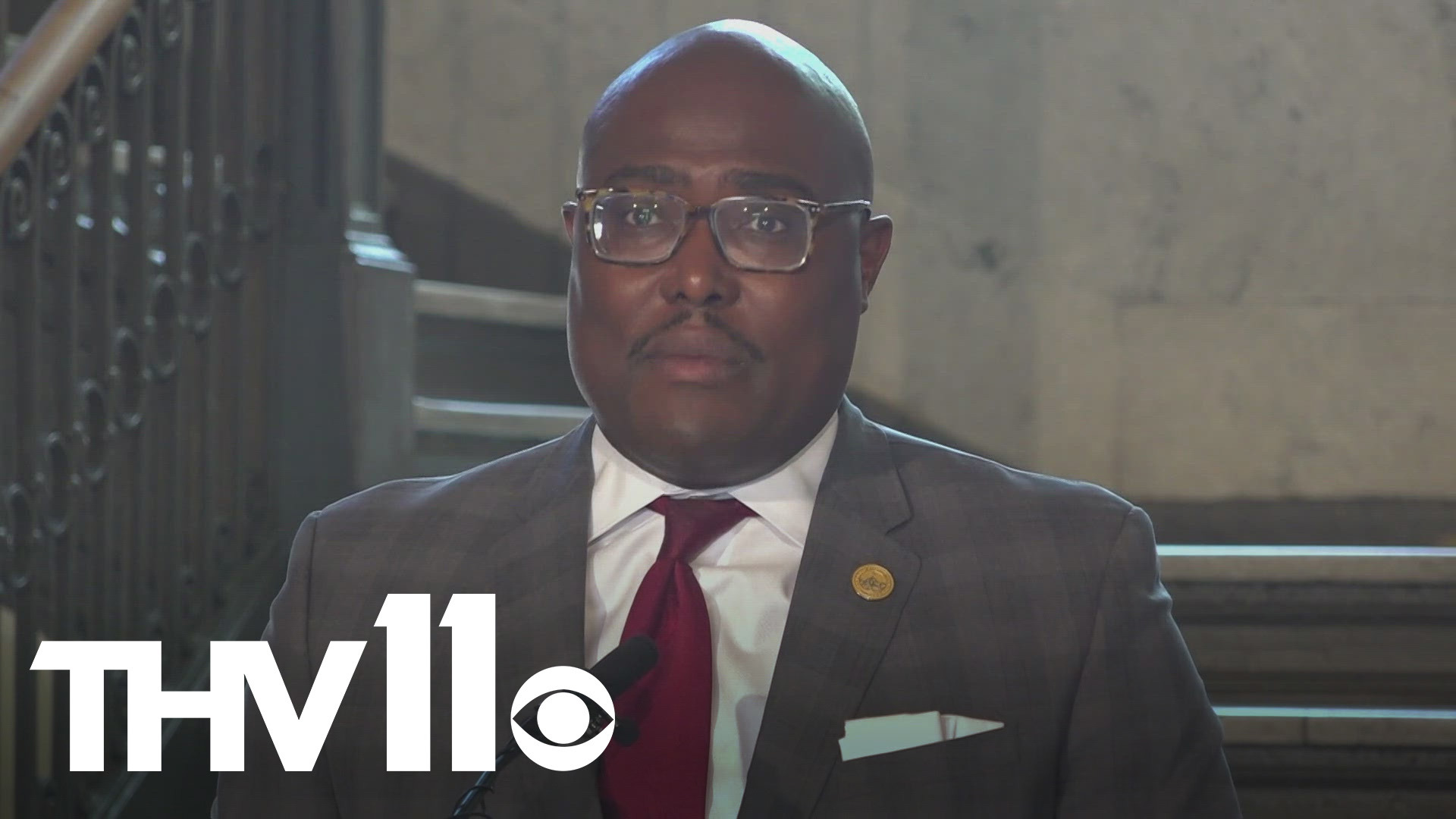LITTLE ROCK, Ark. — The Little Rock Fraternal Order of Police (LRFOP) endorsed the City of Little Rock's sales tax ballot initiative on Tuesday.
Little Rock Mayor Frank Scott Jr. has worked behind the scenes with the proposal since the summer, hoping to gain additional support for the 1% sales tax increase that is said to bring big changes to the city.
"The 5/8 infrastructure piece of the tax would provide much needed technology and equipment, i.e. computer upgrades, Real Time Crime Center enhancements, and vehicles among others, for the police department," LRFOP said. "The police fleet alone needs major acquisitions and upgrades."
LRFOP, a nonprofit organization that helps Little Rock police officers and their families in times of need, endorsed Scott's opponent, Steve Landers, during the 2022 mayoral election.
However, the group put its differences aside, believing the potential sales tax increase would improve the Little Rock Police Department.
"The 107 vehicles purchased last year were a help, but the rest of the fleet is still aging and in need of replacement," LRFOP said. "This is not only needed but bolsters our member's ability to improve and continue to provide the quality service the residents of Little Rock deserve."
In July, the Little Rock Board of Directors voted to put the sales tax proposal on the November ballot. If approved by voters, the tax increase would last for 10 years and is reported to generate around $650 million for city projects.
Scott said the tax would help transform the city with a focus on public safety, public infrastructure, parks and recreation and port and economy.
"The best way to do this is to focus on the sales tax,” Scott said. “Which mirrors the overall growth that we've seen in Oklahoma City. We can take a page out of their playbook to continue to move and grow our city forward together."
Oklahoma City’s MAPS program, a similar quality of life sales tax, was passed by voters in the mid-1990s. The city continues similar programs even today.

